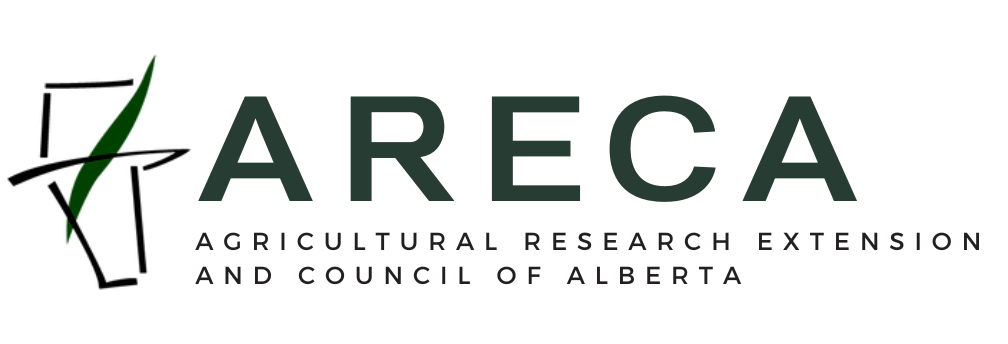Beekeeping and the Environmental Farm Plan
The Alberta Environmental Farm Plan (AEFP) is a whole farm environmental assessment tool with the overall goal of education and awareness for producers who participate in the program. The EFP program has evolved over the last number of years to meet the needs of producers across the province. The program work is supported by local technicians who can work directly with producers to help them complete their farm plan and suggest resources and financial programs that may be available assist producers in reaching their environmental goals. Over the past number of years programs have been available for pasture watering systems, well decommissioning, improved fuel storage systems, and efficient grain handling. The Environmental Farm Plan has been a prerequisite for access to this funding.
In 2021, the Canadian Agricultural Partnership program offered a farm technology grant (https://cap.alberta.ca/CAP/Programs). Items on the eligible expenses list were hive temperature and humidity sensors along with movement and behavioural sensors, which was a great opportunity for bee producers. In order to apply for the CAP program, all producers must have completed an Environmental Farm Plan. For some bee producers, many of the EFP questions do not pertain to their operation and if bees are part of a larger farm operation, the current EFP version was not capturing this information.
With the opportunity of CAP funding arising, a cooperative effort between the Alberta Beekeepers Commission, Alberta Native Bee Council, provincial specialists and apiculturists resulted in the production of a new EFP chapter: Beekeeping. Producers will soon be able to access the newest version of the Environmental Farm Plan containing questions covering disease and pest management, hive site selection, communication, honey house and processing and environmental emergency planning. Alberta EFP recognizes that the bee industry is unique, so we have worked hard to find a compromise for producers. Farming operations that have bees as part of their crop production will still be required to complete the EFP and all the chapters that pertain to their operation. If bee producers do not have any additional farm production, there will be the ability to just complete beekeeping chapter and allow them to apply for available CAP funding.
The Environmental Farm Plan is not a pass/fail evaluation of environmental risk; it is an opportunity for producers to assess what actions taken on farm can prevent potential environmental risks from occurring. The EFP helps producers set up a short term and long-term action plan to work on over time, at their own pace on their operation.


